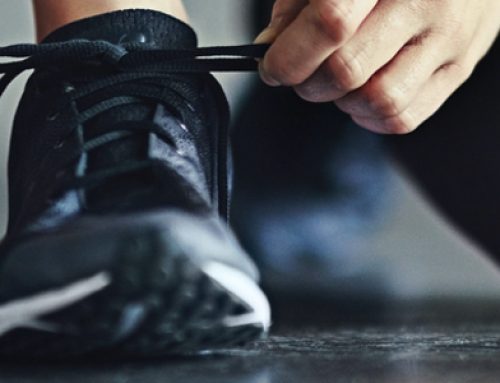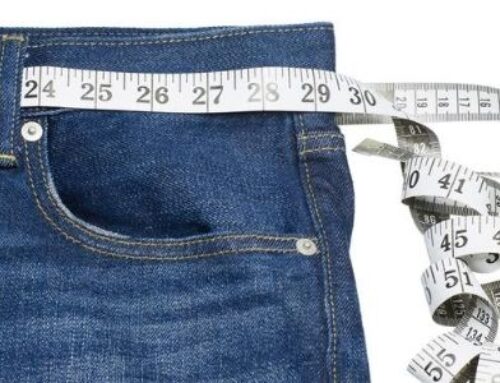
How many times a day should you eat for optimum weight loss? 6 times? 3 times and 2 snacks? Large breakfast, medium lunch and a small dinner? These are just a few of the myriad of answers that I’ve come across over the years and the answer is simply: all of them.
Now, you might be thinking “thats confusing, how can they all be right?”. Let me explain.
Weight loss is not dependent upon how often you eat or how large or small your meals are, it’s dependent on your energy intake being less than your energy expenditure over a prolonged period of time. You will not lose weight if you do not maintain a negative energy balance over the long term. Check out this post: Understanding Weight Loss for more reading on how you create and sustain a negative energy balance for weight loss.
Say you are a woman, aged 30, who leads a largely inactive lifestyle. Based on an estimation of your energy needs you would need to consume no more than 1500 Calories (6300kJ) per day in order to create a negative energy balance. It doesn’t matter whether those 1500 calories come from 2 large meals or 6 snacks over the course of the day, what matters is the fact that there is an energy deficit whereby your body must now make up by breaking down and burning your fat stores.
What about boosting your metabolism through snacking?
There is some evidence to suggest that eating lots of small snacks every 2-3 hours can have an effect on ‘boosting’ or increasing your metabolism, but it’s certainly not conclusive and further research is needed. Obviously, increasing your metabolism is helpful for weight loss because its increasing the amount of energy your body is expending thus creating a larger energy deficit. That’s why its a very common recommendation for those embarking on the weight loss journey.
There are both pros and cons for following this kind of eating pattern:
Pros:
- Eating regularly ensures that you don’t get too hungry through out the day and decreases the chance that you’ll want to have a binge session or overeat at the next meal. Because you never have to wait long to eat again, you’ll feel more satisfied on a smaller portion.
- The very process of digesting food burns energy and is termed the thermic effect of food and thus the theory that eating regularly increases your metabolism. The thermic effect of food makes up only 8% (if that) of your overall energy expenditure. If you really want to boost your metabolism start lifting weights and exercising regularly.
Cons:
- Constantly having small healthy snacks available can be highly stressful and demanding for those with busy lifestyles or jobs where this is difficult. This kind of eating plan with 6 or so small meals a day takes a large amount of organisation and planning to ensure that nutrient dense, calorie controlled snacks are available when you need them. Weight loss is a hard enough journey on its own and if your new eating behaviours are not easy to sustain you’ll find it difficult to stick to your eating plan and you wont develop lifelong habits. If you have time to plan, organise and pack 6 separate meals and snacks a day, then go for it!
What if I don’t like or have time for snacking?
If you’re reading the cons above and thinking “that’s me, I can’t possibly organise that many meals a day” than please read on.
There is still merit in the traditional 3 meals a day system if this better fits into your lifestyle and daily routine. It’s always better to have an eating plan that is easier to stick to than worry about whether or not your eating habits are ‘boosting’ your metabolism. You will lose weight if you are controlling your energy intake to be less than your energy expenditure regardless of how often you eat.
Pros:
- You can eat more at each meal time which can help you feel more satisfied after a meal, especially if you use the proper techniques for minimising energy density and maximising nutrient density.
- You only need to plan 3 meals a day and not worry about snacking.
- It’s great if you can’t eat at work and only have set meal times like a teacher, hairdresser, beauty therapist, retail assistant or tradesman etc
Cons:
- If you have not chosen foods that are high in fibre and have a low nutrient density you will find you will become hungry very quickly yet you’ll have to wait 4-5 hours before you can eat again. This can predispose you to binging or overeating at your next meal.
In the end the only thing that has been proven by thorough scientific evidence to result in long term fat loss is a sustained negative energy balance. So consult a nutritionist or dietitian and find how how to do it the sensible, healthy way. It might be a little more boring than an extreme shake program or detox diet but you’ll have more long term success from mastering the ‘art’ of eating well rather than just giving your body a quick fix that wont last.
If you’d like further help with your nutrition please click below:





